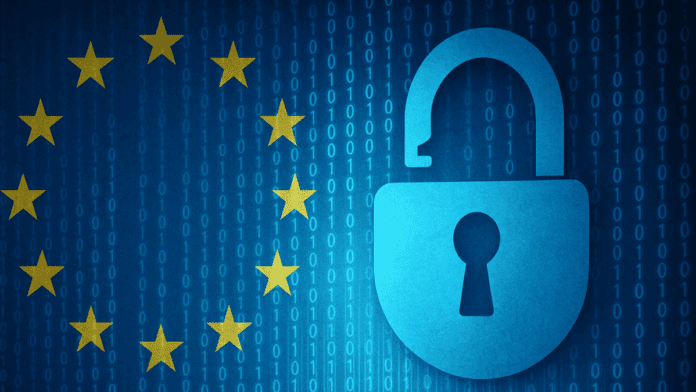The European Commission has launched a major plan to give police across the EU the power to access private, encrypted data by 2030. This step is part of a bigger security strategy called ProtectEU, first revealed in April 2025.
EU Unveils Plan to Access Encrypted Private Data
A key part of this plan, called the Roadmap, was officially presented on June 24, 2025. Its goal is to help law enforcement agencies get what they call “lawful and effective” access to digital information — including data protected by encryption.
The Commission says this is needed to help police solve crimes in a digital world. Criminals often hide behind encrypted apps, VPNs, or secure devices, making it harder for authorities to get evidence.
The plan is based on the work of a special task force created in 2023, under an initiative known as Going Dark. Their final report, published in March 2025, named end-to-end encryption as the biggest obstacle in solving digital crimes. This type of encryption is what keeps your chats and personal data private on apps like WhatsApp or Signal.
Now, the EU wants to change that.
TikTok Slammed with €530 Million Fine Over Secret Data Transfers to China
Six Key Areas to Change the Way Police Access Data
The Roadmap focuses on six big areas that will shape how police can collect and access private digital data in the future:
- Data Retention: The EU wants to update its rules to make internet and phone companies keep your data for longer. They also plan to increase cooperation between these companies and the police.
- Lawful Interception: New measures are being developed to help police in different EU countries work together more easily to intercept digital data, especially in cross-border cases. These changes are expected by 2027.
- Digital Forensics: The plan includes tools and methods that allow police to gather and save digital evidence found on devices, such as phones or laptops.
- Decryption: One of the most sensitive parts of the plan is the development of tools to decrypt private data. The EU will publish a Technology Roadmap on Encryption next year, outlining how and when these tools will be created. If the plan goes ahead, police could begin using these tools by 2030.
- Standardisation: The EU wants to set clear rules and standards for these new security approaches. This includes working closely with industry experts, tech companies, and law enforcement teams.
- AI Tools for Police: By 2028, the EU plans to roll out new artificial intelligence (AI) systems that will help officers scan and understand large amounts of digital data more efficiently.
These steps are all designed to help police deal with what the Commission calls “growing challenges of accessing critical digital evidence.”
Privacy Concerns Mount as Experts Raise Red Flags
While the EU says the plan is meant to protect public safety, many privacy experts are alarmed. They warn that trying to weaken encryption could make everyone’s data less secure — not just criminals’.
North Korea’s Fake Job Blitz Infects Crypto World — 80+ Wallets at Risk in PylangGhost Attack!
Encryption is a way to lock up your messages and personal info so that only you and the person you’re talking to can see it. If someone builds a system to unlock that data, it could be used not just by the police — but also by hackers, foreign governments, or cybercriminals.
Cyberattacks are already rising around the world. That’s why many tech experts and agencies in the US and EU have encouraged people to use encrypted apps to stay safe online.
Critics say that creating a way to break encryption could open the door to more cybercrime, not less. In fact, some say it goes against the EU’s own past support for encryption as a tool to protect users’ online privacy and safety.
In 2022, a similar plan — often called the Chat Control bill — failed to win enough support in the European Parliament. That proposal also aimed to give authorities a way to peek into encrypted messages, especially to fight crimes like child abuse. But the backlash from experts and the public kept it from moving forward.
Despite the concerns, EU officials say they are working to balance privacy and security. They claim the new Roadmap will respect human rights while also giving police the tools they need to fight modern crime.
Still, many believe that once you weaken encryption, there’s no way to keep it safe from the wrong hands. The debate over privacy, security, and how much access the government should have to our data is only heating up — and now, it’s on the clock.
